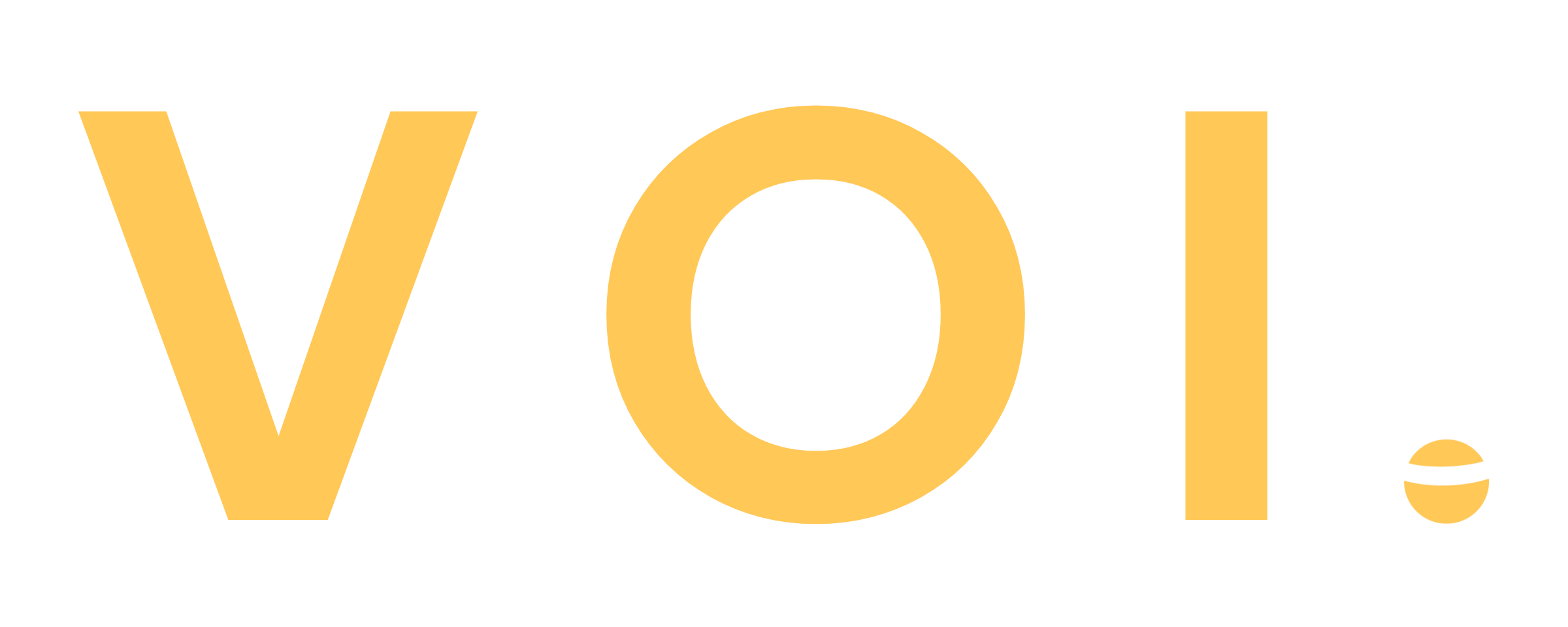FAQ
Welcome to the VOI FAQ page! We have organized the questions by relevant sections to make your search easier. If you can't find the answer you're looking for, don't hesitate to contact us for more information.
VOI Social Impact, Lda. is a social enterprise whose mission is to promote social cohesion, improve the well-being of local communities, and ensure the effectiveness of public sector development projects and private sector investments in fragile and conflict-affected settings.
VOI licenses an innovative, effective and award-winning methodology developed at the University of Cambridge. The VOI methodology was embedded into a VOI platform, an end-to-end software designed to facilitate the implementation of VOI projects and efficiently monitor and assess their impact. The licensing of the VOI methodology includes access to the VOI Platform and training by VOI experts and culminates in a certification process. In addition, we provide tailored advisory services per project, at the request of the customer.
The VOI Platform is a software that integrates project and task management management functionalities with a comprehensive guided manual and explanatory videos. Each new project initiated on the platform is pre-loaded with specific steps and actions designed to maximize impact, ensuring consistent and effective implementation of the methodology. Key features include automatic step-by-step project guidance, robust task tracking, user assignment and a streamlined evidence upload system for project certification. This allows for real-time monitoring and validation of project outcomes, ensuring that every VOI project meets our high standards for impact.
Multiple layers set VOI apart from other approaches and led to its recognition with a prestigious prize for innovation in peace and security from the Geneva Center for Security Policy. These include:
It is based on a robust and validated three-step systematic procedure that has delivered exceptional results in practice, bridging the gap between theory and practice – it adds science and rigour to peace and development while maintaining its simplicity;
Effectively engages communities through decisive involvement of local communities in the decision-making process and implementation of key aspects of the project (e.g. definition of the indicators to be measured and of the socioeconomic interventions);
It is fast and cost-effective, ensuring partners can quickly achieve tangible results and value for money.
By providing a scalable, user-friendly interface, the VOI Platform empowers organizations to efficiently manage multiple projects in parallel, driving exponential growth in social impact. The technology not only simplifies project execution but also enhances transparency, accountability and reporting, making it indispensable for achieving the local impact VOI intends to have in the communities. This technology-driven efficiency makes our solution superior to traditional, manual methods.
Companies, especially multinational corporations, often have business operations, projects and investments in fragile and violent areas or where local communities are affected by the implementation of the companies’ projects. These operations risk being affected by, as well as contributing to, tensions between and within communities, disrupting workplans and threatening the safety and security of people and assets. In addition, responses might lead to allegations of human rights abuses and reputation costs.
With VOI, companies ensure an adequate social license for operating in fragile settings. VOI addresses these issues as a stability and social impact solution for companies at any stage of their projects.
A preventive solution in new and ongoing projects (project preparation and management): where there is no conflict, but the inherent risk is high and needs to be mitigated to ensure the security of the company’s operations and assets;
A corrective solution in conflict-affected and disrupted projects (project remediation): where tensions and conflicts between communities have been observed and solutions to prevent escalations are required.
VOI is also a means to ensure that businesses can do good. Companies nowadays should have a Corporate Social Responsibility (CSR) vision and Environmental, Social and Governance (ESG) targets. VOI increases the success and positive impact of social programs and actions systematically and consistently.
VOI projects follow the same validated and scientific methodology and include three Phases and core activities. However, the methodology implies adaptations to better reflect local realities. For instance, the composition of groups for VOI workshops will be adaptable to address specific traditions and cultural sensitivities (e.g. joint or separate participation of men and women, or elder and younger adults).
Furthermore, VOI projects always aim to strengthen social cohesion and the projects ensure the effective engagement of local communities in the decision-making processes throughout implementation. This makes each VOI project context-specific: the measurement of impact and progress is based on community-generated indicators of social cohesion (Phase I), and socioeconomic interventions are defined (Phase II) and implemented (Phase III) by communities themselves. Instead of imposing a menu of solutions to choose from, as is often done (and criticised) in externally funded operations, VOI projects culminate in socioeconomic interventions that are not pre-defined. With VOI, there is no one-size-fits-all.
In short, the methodology is thus simultaneously systematic and flexible: it responds to the needs of each client, project, and the context of the targeted area. VOI projects promote local agency, legitimacy and sustainability, and only offer a canvas – it is up to participants to complete it.
VOI targets local communities: relatively small geographical areas (rural villages, small towns, urban neighbourhoods, etc) that have been, were, or are threatened to become affected by tensions or violence. VOI projects seek to stabilise and support the development of local areas, rather than focusing on national or international issues: we create pockets of peace.
